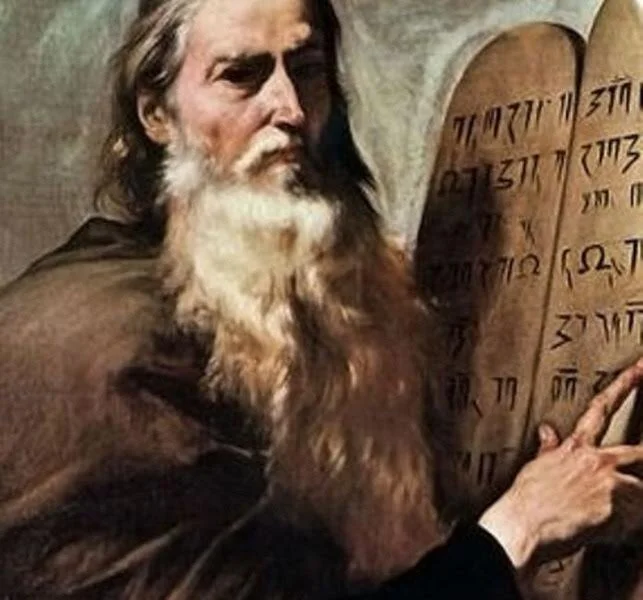Reflection on Today’s Gospel - Mt 22:34-40
God loved us first. It is because He loved us, we exist and we are capable to love - we are loved by other people and we can love others. In the Scriptures it is often said that God loves man more than the most loving mother. Suffice it to recall these frequently repeated words from the Book of Isaiah: " Can a mother forget her infant, be without tenderness for the child of her womb? Even should she forget, I will never forget you " (cf. Is 49:15).
The Psalmist says similarly: " Even if my father and mother forsake me, the LORD will take me in" (cf. Ps 27:10). Never repeating enough that God loved us first; if I am loved by people and I love other people, it is because God loved me first. Precisely for this reason, if we love Him with all our heart, strength and thought, then our mutual love also becomes true.
It is worth recalling two very moving biblical images that show God's love for people. There was a legal institution in the Old Testament, unknown in the countries of our civilization, which can be called the institution of the closest relative. Even if someone had many brothers, only one of them was his Goel, this is the closest relative. This Goel was absolutely obligated to arrange a rescue for me if I found myself in captivity, in unpaid debt, or in some mortal danger.
In the Old Testament, God himself is called a Goel many times, that is, the closest relative of his people. This meant that God took on the responsibility of saving his people from various oppressions. Even more interesting: when the Old Testament was translated into Greek in the 2nd century BC., the word Goel was rendered Soter, Savior. This sheds a fascinating light on the person of our Lord Jesus Christ, whom the New Testament so often calls - the Savior. It is worth knowing that behind this title there is a memory that he voluntarily, out of selfless love for us, took the role of being our closest relative.
And the second biblical image , which shows poignantly how much God loves us. Namely, the word "mercy" etymologically in Hebrew comes from the word for the mother's womb - Rachamim. So, when the Scriptures speak of God's mercy, behind this expression is the intuition that God loves us like a mother; that if he sees how we are wasting ourselves, it is as if his "insides" would tip over out of pity and a thirst for help. Against this background, one can see at least a little how terrible sin is. Because our sin shows that we do not believe God, God who loved us so much.
until Tomorrow
fr. george


